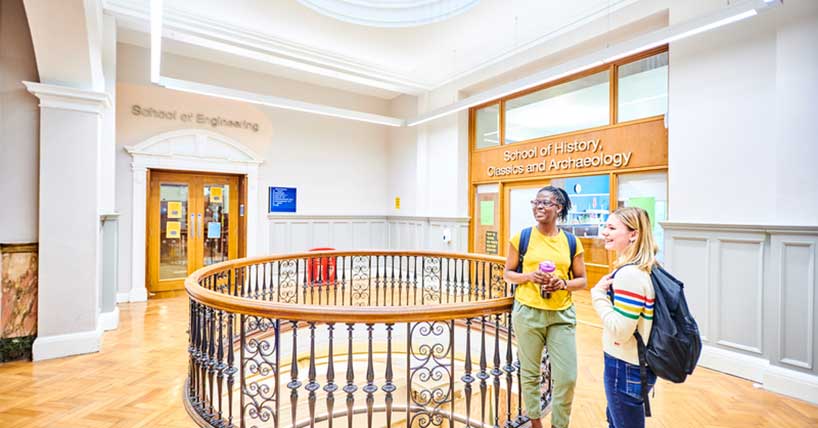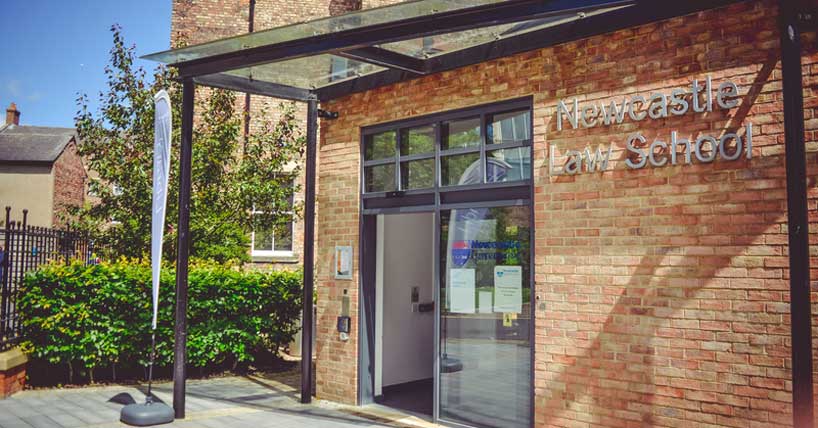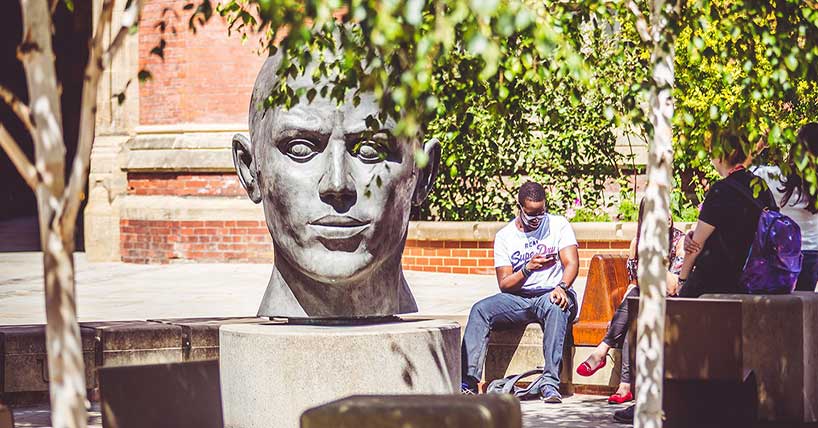About Us
The Faculty of Humanities and Social Sciences has a global reputation as a centre for research, education and engagement across the creative arts, humanities, and social sciences.
Our Faculty structure
The Faculty of Humanities and Social Sciences (HaSS) is a collection of 10 academic Schools, working across a range of disciplines. We also have a collaborative research infrastructure, which includes Institutes, Centres and Groups.
We come together across boundaries to learn more about the world and challenge what we know. We also work closely with the other two Faculties in the University to support education, student experience, and research.
HaSS is home to over 1700 academic, professional, and technical staff. Our colleagues and students have access to an impressive range of on-campus and digital facilities to carry out their work.
Faculty leadership team
The Faculty of Humanities and Social Sciences’ activity is led by the Faculty leadership team. This team is made up of a Pro-Vice-Chancellor and Deans who lead on strategic areas.
The Leadership team is responsible for establishing, leading on, and managing the strategic direction of the Faculty, across their key areas. They work closely with colleagues within the Faculty Office and within each of the Schools and Institutes.
Equality, Diversity and Inclusion (EDI)
The delivery of the University's EDI strategy at Faculty level is led by the HaSS EDI Director Gareth Longstaff.
We work closely with others across the University to fulfil our Institutional objectives. We aim to:
- Further develop an inclusive culture and one which does not tolerate hate crime, discrimination, victimisation or harassment.
- Increase representation of underrepresented protected characteristic groups among professional service and academic colleagues.
- Improve the progression of academic and professional service colleagues from protected characteristic groups into senior positions where underrepresentation has been identified.
- Improve graduate outcomes for students with a protected characteristic.
- Become a family-friendly organisation.
- Ensure all new and reviewed policies take into consideration EDI.
- Improve our EDI evidence base by enhancing systems and processes relating to EDI data capture, analysis, and reporting.
Read more on Newcastle University’s EDI priorities and projects.
At our Faculty, we hold eight departmental Bronze Athena Swan awards and one Silver award. We are also working towards a Faculty-wide Silver-level award. The Athena Swan Charter is a global scheme for supporting gender equality within higher education (HE). Read more about our Faculty's Athena Swan awards.
Sustainability
We are committed to carrying out our activity in the most sustainable way. This focus applies to our Faculty activity, as well as the content, quality, and practices of our curriculum.
We want to ensure our teaching, learning, research, and professional activities take place in an environment that reflects the importance of international environmental issues. We want to empower our community to be part of a change for the better.
See more on Newcastle University’s sustainability work.




-km.jpg)



-km.jpg)

